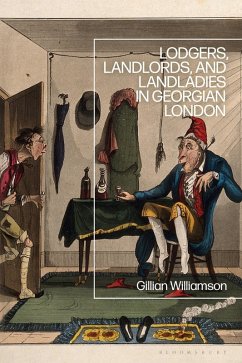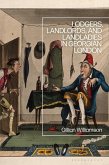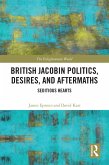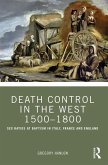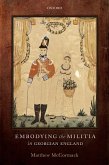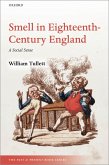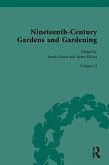A large proportion of London's population lived in lodgings during the long 18th century, many of whom recorded their experiences. In this fascinating study, Gillian Williamson examines these experiences, recorded in correspondences and autobiographies, to offer unseen insights into the social lives of Londoners in this period, and the practice of lodging in Georgian London.
Williamson draws from an impressive array of sources, archives, newspapers, OBSP trials and literary representations to offer a thorough examination of lodging in London, to show how lodging and lodging houses sustained the economy of London during this time. Williamson offers a fascinating insight into the role lodging houses played as the facilitators of encounters and interactions, which offers an illuminating depiction of social relations beyond the family.
The result is an important contribution to current historiography, of interest to historians of Britain in the long 18th century.
Williamson draws from an impressive array of sources, archives, newspapers, OBSP trials and literary representations to offer a thorough examination of lodging in London, to show how lodging and lodging houses sustained the economy of London during this time. Williamson offers a fascinating insight into the role lodging houses played as the facilitators of encounters and interactions, which offers an illuminating depiction of social relations beyond the family.
The result is an important contribution to current historiography, of interest to historians of Britain in the long 18th century.

